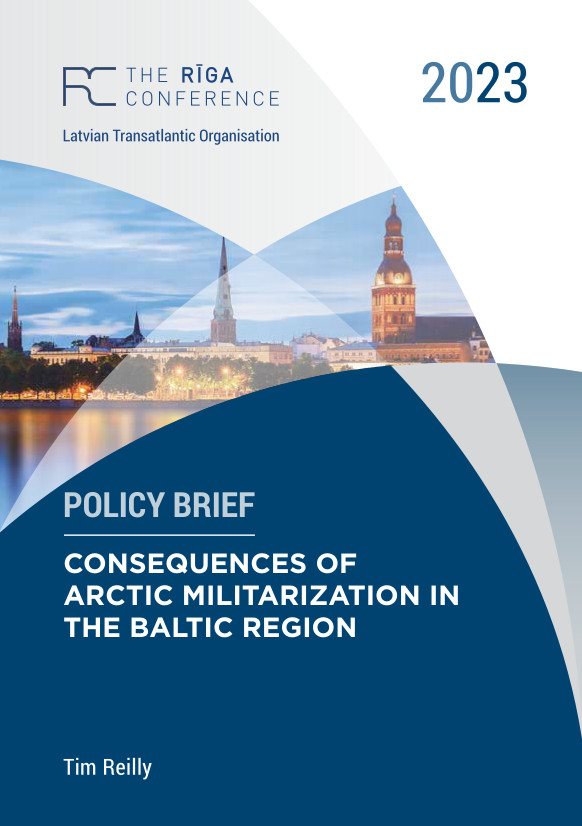Consequences of Arctic Militarization in the Baltic region
The ongoing events in Ukraine will entirely change the strategic and political dynamics in the Baltic nations. Neighbouring Sweden and Finland’s solution to Russian aggression has been to apply for NATO membership; this single move has meant that for Russia, the Baltics can no longer be viewed as a separate, and regionally confined consideration. Moscow now includes the Baltics as part of their Arctic territorial area of responsibility (TAOR), as will NATO planners. This means that any European Arctic event will now impinge upon the decision-making process of the Baltic’s own regional governance.
Concurrently the emerging threat to the Arctic region may well be more geoeconomic in nature than military/strategic, which is in line with the postcold war Unipolar world order (Acharya, 2007) being challenged in the broader Eurasian Arctic not by the emergence of multilateral political institutions (i.e. multipolarity), but rather a geo-economic process of Multiregionalism. The rising great power ambitions of Russia and China – with substantial economic spheres of overlapping regional interests in their territories, has led to their adoption of a geo-economic strategy to steadily alter the present international system. It is taking advantage in the Arctic of significant alterations in the International Political Economy (IPE), including the steady downturn in globalization – and with that an associated loss in US-led influence. Two new geopolitically crucial regional geoeconomic “spaces” are being created in line with this (alternative) regionalization framework: a broader Eurasian Arctic space and via the geo-economic instrumentalization of dual-use technologies, the non-terrestrial cislunar domain over the Arctic.
Read and download policy recommendation here.



